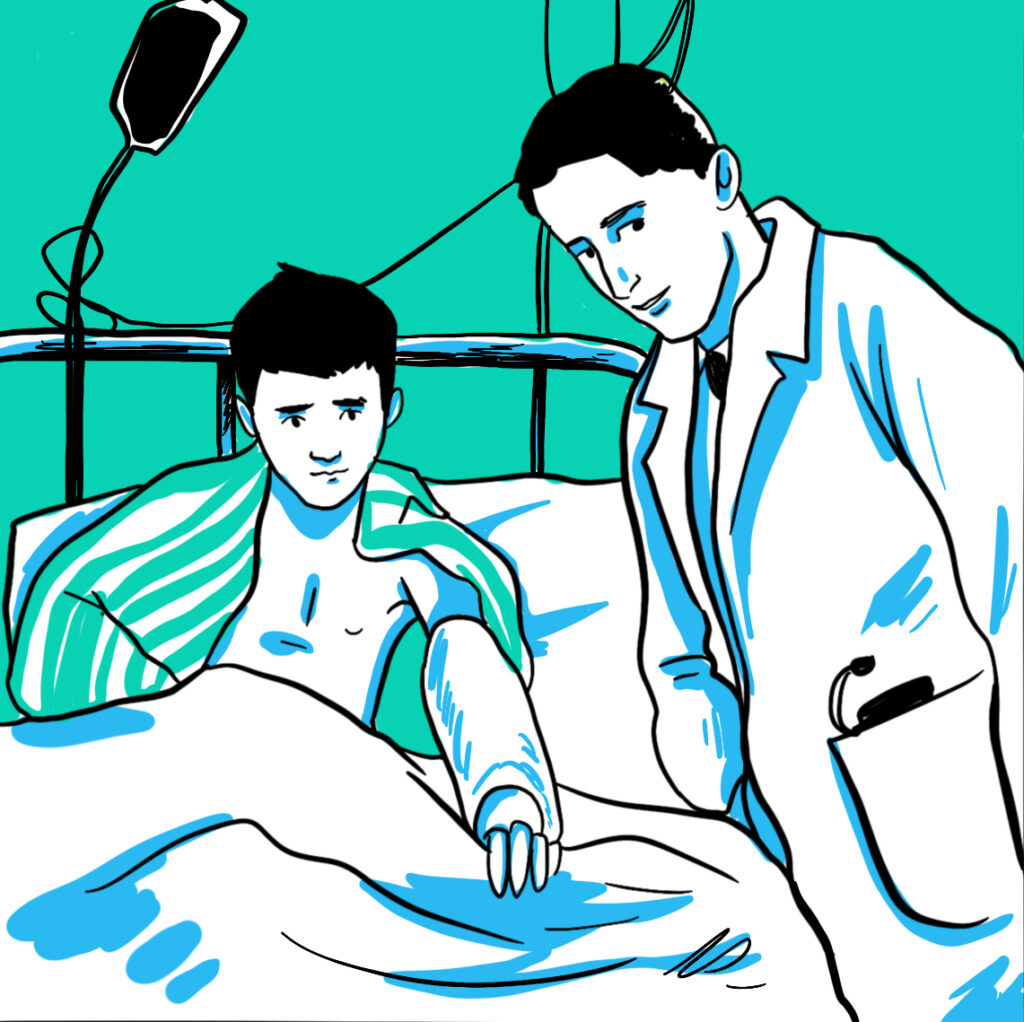Not in the job description: proving our value
Haemophilia nurses are ‘a smorgasbord of amazingness’, said Cathy Harrison, Chair of the Haemophilia Nurses Association and Advanced Nurse Practitioner at Sheffield’s Adult Haemophilia and Thrombosis Centre. The trouble is, the individuals who represent haemophilia nurses at executive level aren’t clear what they do.
Feedback from patients consistently rates specialist nurses higher than any other health and social care professional and their beneficial impact on services is far-reaching, from preventing hospital admissions to introducing innovative service delivery frameworks. This affects both primary and secondary care. In rheumatology, for example, specialist nurses have been shown to save an average of £175,000 per nurse WTE by carrying out routine follow-up and freeing-up consultant time; and phone consultations have reduced requests for GP appointments by 60%.
Cathy presented a study at the 2018 World Federation for Hemophilia Congress in Glasgow which showed that haemophilia nurses save an average of £83,000 per nurse annually by reducing attendance at A&E departments and a further £50,000 – £100,000 annually by conducting clinics formerly run by medical consultants. In another study, management of factor replacement therapy by haemophilia specialist nurses saved about £200,000 in a year in the cost of treatment required by five patients (J Haem Pract 2014;1:2-4. https://doi.org/10.17225/jhp.00002). In addition to these financial benefits, haemophilia nurses carry out many other roles that are difficult to quantify in monetary terms, such as promoting haemophilia awareness, facilitating referrals, coordinating care multidisciplinary care and supporting patients and families.
Haemophilia nurses need a range of skills if they are to carry out these roles effectively. Networking and professional development are crucially important and there are many options available, not least Haemnet’s courses such as the ASPIRE leadership programme and the Haemophilia Nurses Association. Nurses are now becoming more confident in carrying out research, as testified by a growing list of publications covering evidence-based practice and primary research.
The role of the haemophilia nurse has evolved in ways that were not anticipated, Cathy concluded. It is now vital to educate other health professionals and managers by demonstrating the value of those roles.


